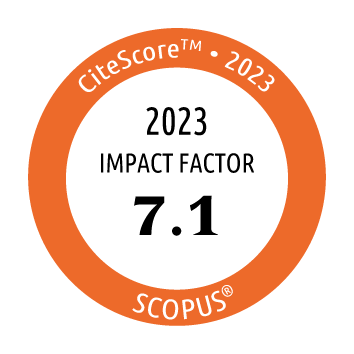|
B Groneberg-Kloft,1,2 Q
Thai Dinh,3 C Scutaru,4 T Welte,2
A Fischer,1 K Fan Chung,5 D
Quarcoo4 |
|
1 Otto-Heubner-Centre,
Charité-Universitätsmedizin Berlin, Free University
Berlin and Humboldt-University Berlin, Berlin, Germany
2 Department of Respiratory Medicine, Hannover Medical
School, Hannover, Germany
3 Department of Medicine, Charité-Universitätsmedizin
Berlin, Free University Berlin and Humboldt-University
Berlin, Berlin, Germany
4 Institute of Occupational Medicine,
Charité-Universitätsmedizin Berlin, Free University
Berlin and Humboldt- University, Berlin, Germany
5 National Heart and Lung Institute, Department of
Thoracic Medicine, Imperial College School of Medicine,
London, UK |
|
Abstract |
|
Background:
Cough is a prominent
symptom of many
allergic diseases
and a major health
burden but there is
little information
available on the
current state of
research in this
area.
Objectives:
To analyze long-term
developments in
cough research and
recent trends.
Methods: We searched
the Thomson Reuters
Web of Science
databases for
cough-related items
published between
1900 and 2007 and
analyzed the results
using scientometric
methods and
density-equalizing
calculations.
Results: We
found 12 960
cough-related
publications from
132 countries for
the period studied.
The most productive
country was the
United States of
America (USA),
followed by the
United Kingdom (UK),
France, Japan,
Canada, and Germany.
These 12 960
published items were
cited 165 868 times.
The average number
of citations per
item increased from
1976 to 1992, with
peaks in 1977, 1979,
1981, 1984, 1989 and
1992. Each of these
years was followed
by a decrease in
citation numbers.
Bilateral and
multilateral
cooperation analysis
using the radar
chart technique
showed a progressive
increase in
international
co-authorship
starting at the
beginning of the
1990s, with
a leading role by
the USA and the UK.
Conclusion:
We detected a marked
increased in
cough-related
research starting in
the 1990s. While the
majority of data
originates from the
US, other countries
have taken a leading
position in terms of
research quality
(number of citations
per item).
Key words:
Cough. Scientometry.
Density-equalizing
mapping.
|
|
|
|
| |
|
|




